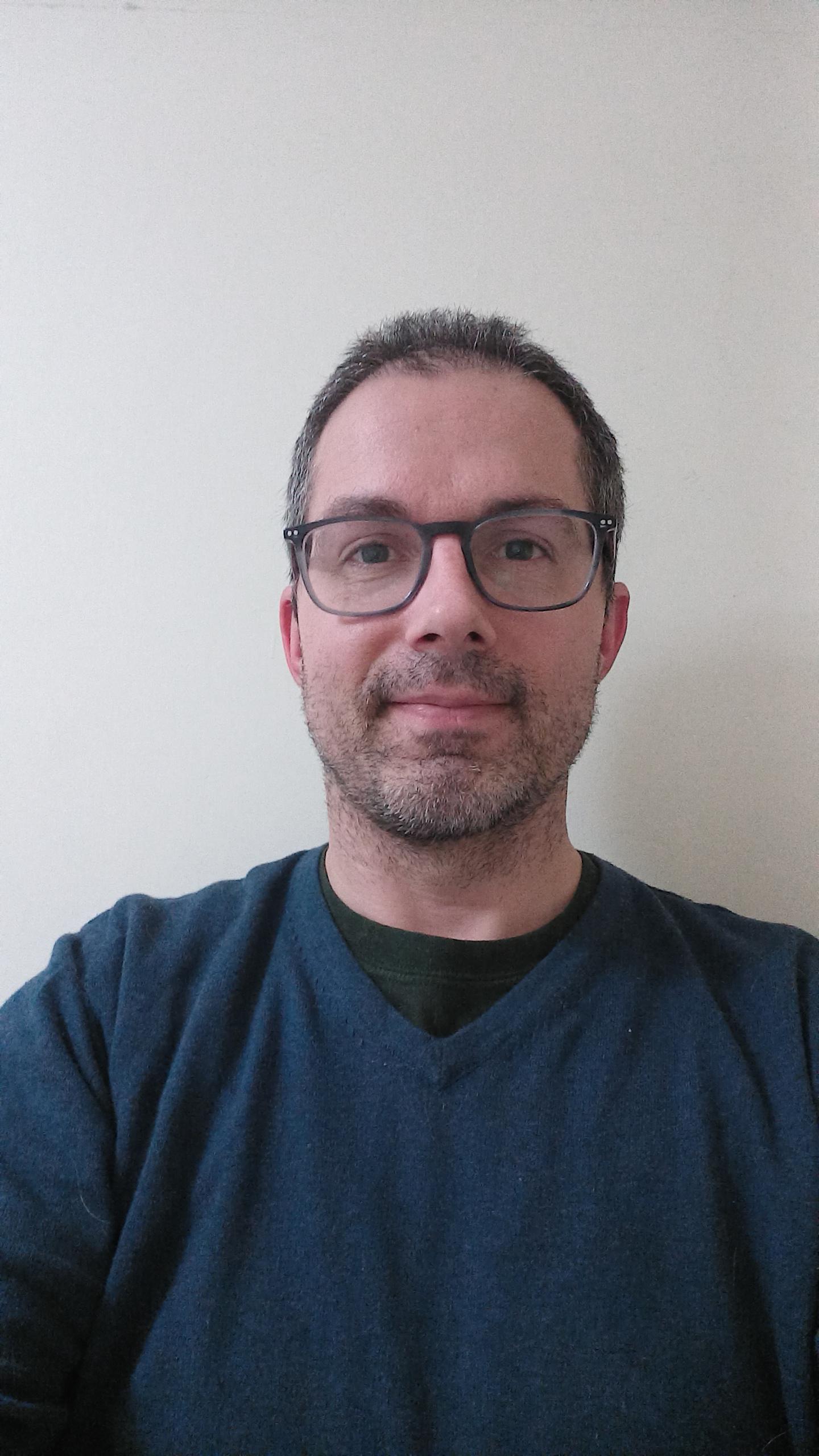My journey from social work manager to software engineer
 Chris Renshaw
Chris Renshaw
Introduction:
As a social worker, and more recently a social work manager, I spent years helping people in need, but I was always interested in the world of technology. In this article, I'll share my journey from social work manager to software engineer, including the challenges I faced, the strategies I used to learn new skills, and the insights I gained along the way.
Background:
I qualified as a social worker in 2008 after starting out my career as a disability support manager in the voluntary sector. From 2009 to 2019, I worked as a social worker for Leeds City Council and, since 2019, I have worked as an experienced social worker for Sheffield City Council. From April 2021 to the present, I have been a social work manager for Sheffield City Council. Social workers use a wide variety of technology to do their jobs but recording is a key aspect of the job. We use client databases to store our data. We use a variety of different techniques to communicate with MS Teams now being the favoured way for us to work. We also use tech-enabled care to reduce risks to our service users, which includes different kinds of alarm/alert systems. I have always been interested in the technology we use and have taken a lead on all matters relating to IT for my service area.
Learning:
I started learning to code a year ago. I can't remember what prompted this but I was hooked as soon as I started learning and kept wanting to learn more. At the time, I was wasting a lot of time just watching TV and decided to spend my time more productively by learning to code.
This started as a hobby but when I joined the 100Devs Academy it became more than just a hobby as I first of all learnt the basics of front-end development with HTML, CSS and Javascript and then moved onto back-end development with node, express, mongoDB and various frameworks. I became familiar with git and Github and source control.
When I write down these things now, it sounds as though this was an easy journey but it wasn't at all. Until I joined 100Devs Academy, which is an amazing coding community, I was going through "tutorial hell" switching back and forth between freecodecamp.org and Youtube resources. When you are first starting, it is really easy to do this because there are millions of resources online and it is difficult to know where to start.
Although I enjoyed the learning process, initially using freecodecamp.org to learn HTML and CSS, something was missing from this process. As a beginner coder, you need to feel like part of a community. Otherwise, it is easy to give up. I found this community in 100Devs Academy. This allows you to learn all about software engineering with a highly structured, and free, set of resources taking you through front-end development and back-end development so that by the end of the course you are a well-trained full-stack software engineer.
Career Change:
I am still working as a social work manager for Sheffield City Council, a job which I enjoy, but plan to use the skills I have developed initially on a freelance basis to supplement my income. I have already helped out on a variety of open-source projects and voluntary projects.
Reflection:
For anyone considering a career change, I have some advice:
Learning to code is not easy. It takes time, practice and more practice.
There are millions of resources available on the internet, many of them free. It is not easy choosing the right path. I have tried out many different resources - freecodecamp, Scrimba, 100Devs, and CodeAcademy - they all have their pros and cons. It just depends on what is important to you. For me, the most important thing was community support, something which 100Devs has in spades with a community of 30000+ on Discord.
Build projects - this is vital! You can't simply rely on what you have learnt in tutorials. You need to build things to apply what you have learnt and showcase your skills to future employers.
Network - once you decide to take your skills to the next level (i.e. from hobby to career), you need to get your name out there on Twitter, LinkedIn, etc, and you need to meet people who work in the industry. Once you do that and start to get to know those individuals, you will have a better chance of being referred for jobs (and have a better chance of getting those jobs).
Enjoy - if you stop enjoying learning, then this is probably not the right career for you. Things are constantly changing and you need to adapt to the changes.
Conclusion:
In conclusion, my journey from social work manager to software engineer has been a challenging but rewarding experience. Learning to code is not easy, but with persistence, practice, and the right resources, it is possible to make a successful career change. Building projects, networking, and enjoying the learning process are all important aspects of this journey. I hope my story inspires others who may be considering a career change to take the leap and pursue their passions.
Subscribe to my newsletter
Read articles from Chris Renshaw directly inside your inbox. Subscribe to the newsletter, and don't miss out.
Written by

Chris Renshaw
Chris Renshaw
Currently I work as a social work manager in Sheffield, UK. I have 14 years' experience as a social worker. Over the last year, I have been building up my skills as a software engineer. This blog is an effort to explain my learning journey and, hopefully, give hope to those who are breaking into tech in their early forties!